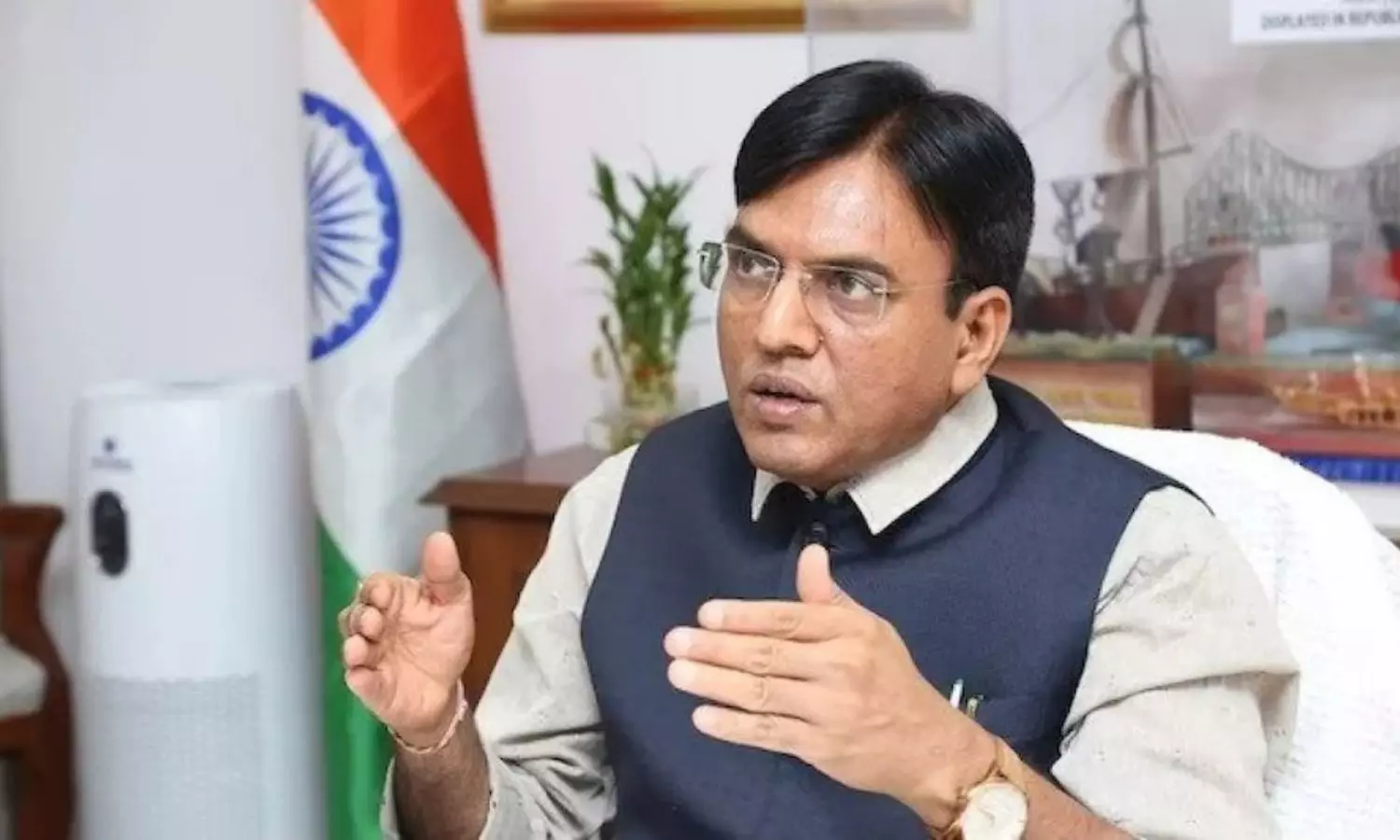News
New Draft Sports Bill pushes for 30% Women’s representation in sports bodies
The bill aims to ensure gender parity and streamline sports dispute resolution, while giving athletes a stronger voice in governance.

Sports minister Mansukh Mandaviya. (File photo)
The recently introduced a Draft National Sports Bill, which includes several significant reforms, including a proposal to ensure 30% representation for women in the voting positions of major sports bodies such as the Indian Olympic Association (IOA), Paralympic Committee of India (PCI), and national sports federations (NSFs). Sports Minist
Sports Minister Mansukh Mandaviya highlighted that this move was part of an effort to modernize and bring inclusivity to India’s sporting framework.
“The bill mandates gender representation in executive committees and other governing bodies, ensuring that at least 30% of the members are female,” Mandaviya said in a statement.
He pointed out that this shift aligns India with global trends of promoting gender equality in sports.
In addition to promoting gender balance, the bill also provides that 10% of the voting members in the general bodies of the IOA, PCI, and NSFs will be athletes of outstanding merit.
These athletes will be elected by the Athletes’ Commission, ensuring that their voices
are heard at the highest level of decision-making. “At least two representatives, one male and one female, will serve on the Executive Committee,” Mandaviya added.
The bill also introduces the establishment of a dedicated Appellate Sports Tribunal, which is intended to handle all sports-related disputes in India.
This tribunal aims to speed up dispute resolutions and reduce reliance on civil courts, making the process quicker and more efficient.
“It will provide a faster, cheaper, and easier resolution of disputes,” Mandaviya explained. This new structure is particularly significant as India looks to strengthen its bid to host the 2036 Olympic Games.
Furthermore, the bill requires the formation of Athletes’ Commissions in all major sports bodies, ensuring that athletes play a direct role in governance and policy formulation.
“This athlete-centered approach enhances India’s standing in international forums and ensures a more athlete-friendly environment for global events,” Mandaviya said.
As part of the pre-legislative consultation process, the draft bill has been opened for comments and suggestions from the public and stakeholders.
Mandaviya noted that the bill, once passed, could serve as a model for states that have yet to create their own sports policies.
The new bill also establishes a sports regulatory board to oversee the governance of sports bodies and ensure compliance with international standards.
This will help promote good governance practices and strengthen the foundations of sports in India.
